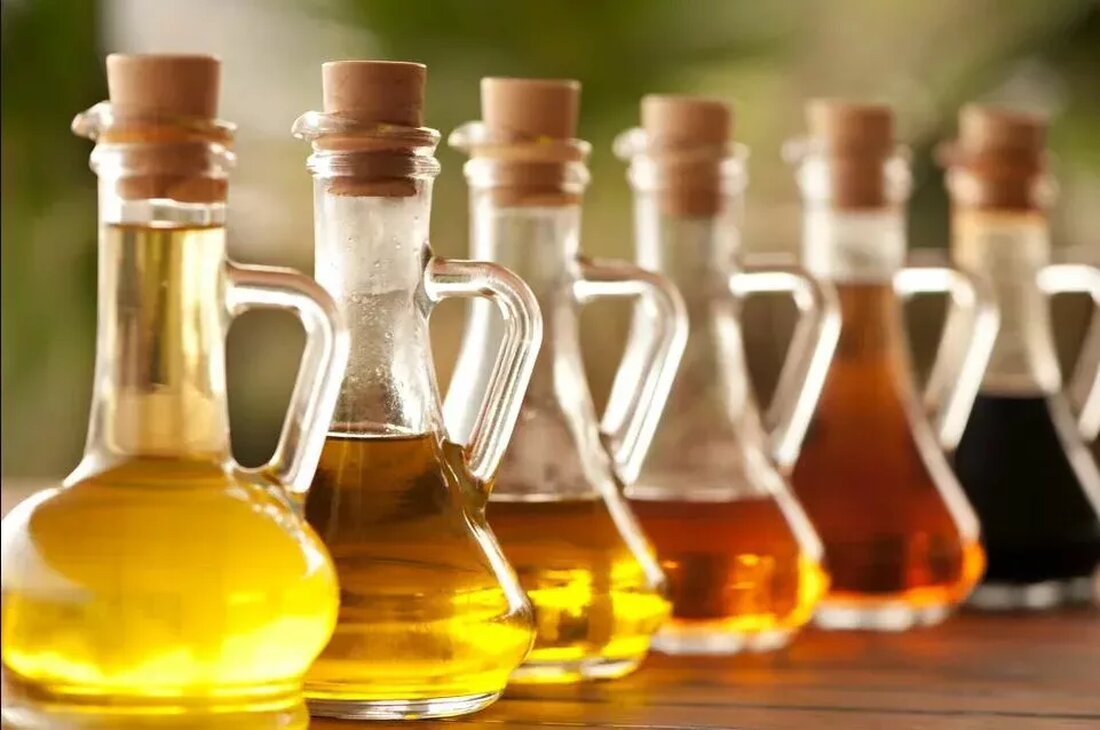The most effective herbal medicines for hypothyroidism
You may already be sick and tired of the countless herbal hypothyroidism medications now available on the market. You may have saved a lot by not opting for the common medications, but still paid for worthless herbal blends. A closer look at the causes of hypothyroidism will likely give you effective clues as to what specific herbal medicines you should look for. Known Causes According to Jack DeRuiter's study published in 2002, 3% of the world's population suffers from hypothyroidism. In addition to iodine insufficiency, other factors have been identified that are the main causes of this disease. Many clinical studies have suggested...

The most effective herbal medicines for hypothyroidism
You may already be sick and tired of the countless herbal hypothyroidism medications now available on the market. You may have saved a lot by not opting for the common medications, but still paid for worthless herbal blends. A closer look at the causes of hypothyroidism will likely give you effective clues as to what specific herbal medicines you should look for.
Known causes
According to Jack DeRuiter's study published last year in 2002, 3% of the world's population suffers from hypothyroidism. In addition to iodine insufficiency, other factors have been identified that are the main causes of this disease. Many clinical studies have suggested strong links between this disease and exposure to iodine-131, Hashimoto's thyroiditis and some congenital diseases such as the absence of the thyroid gland. A lack of hormones secreted by the hypothalamus and pituitary gland also leads to hypothyroidism. 5% of mothers suffer from this disease within a year after giving birth.
Symptoms
Usually, early symptoms include poor muscle tone, fatigue, reduced ability to withstand cold, varying degrees of depression, goiter, and pallor of the skin. As the disease progresses, people with hypothyroidism also exhibit slow and slurred speech, dry, swollen skin, especially on the arms and legs, and irregular menstrual cycles in women.
Oyster shells
Fortunately, there are several identified herbal medicines that have proven to be most effective in treating this disease. Now that we know the inherent causes of hypothyroidism, we must be able to identify naturally occurring plants and other materials that can best treat this condition. In Chinese medicine, oyster shells were popularly considered a very effective treatment. Oysters are mussels that live primarily in the sea and brackish water. The strong shells are actually heavily calcified valves known to be rich in calcium and iodine. Medicines made from the oyster shells are taken in the form of pills and capsules containing very fine powdered oyster shells.
Helpful study by Dr. Kar
Another study by Dr. A. Kar and colleagues' 2002 study, published in Focus on Alternative and Complementary Therapies, examined the use of water hyssop, also known as Bacopa monnieri, and its effects on the regulation of thyroid hormone concentrations in male laboratory mice. The landmark study showed that the leaf extracts can naturally stimulate thyroid production by about 41%. Water hyssop is a perennial creeping shrub commonly found in wetlands and similar environments. In separate studies, the leaf extracts also effectively increase memory capacity and motor learning ability among subjects. The plant is also rich in antioxidants.
Another plant that promises to effectively cure hypothyroidism is Bael, also known as Aegle marmelos. Many places also call it bilva, beli fruit, stone apple or crab apple, among others. It is commonly found in many South and Southeast Asian countries, particularly southern India, Nepal, Sri Lanka, Vietnam and the Philippines. The same study by Dr. Kar showed that Bael extract was able to increase thyroid production in the body by approximately 61%. In several parts of central and southern India, the fresh fruits are pressed into lemonade and sharbat, a refreshing drink made from dried pulp and tamarind. Other sources include St. John's wort, aloe vera and black cohosh.
Some important memories. Since most of these herbal medicines are taken orally, it is particularly important to also consult medical experts who deal with allergic reactions and other side effects. And no matter how effective the medicine is, it should always be combined with a healthy lifestyle and a balanced diet rich in iodine. Only then could these herbal medicines against hypothyroidism be used optimally.

 Suche
Suche
 Mein Konto
Mein Konto
